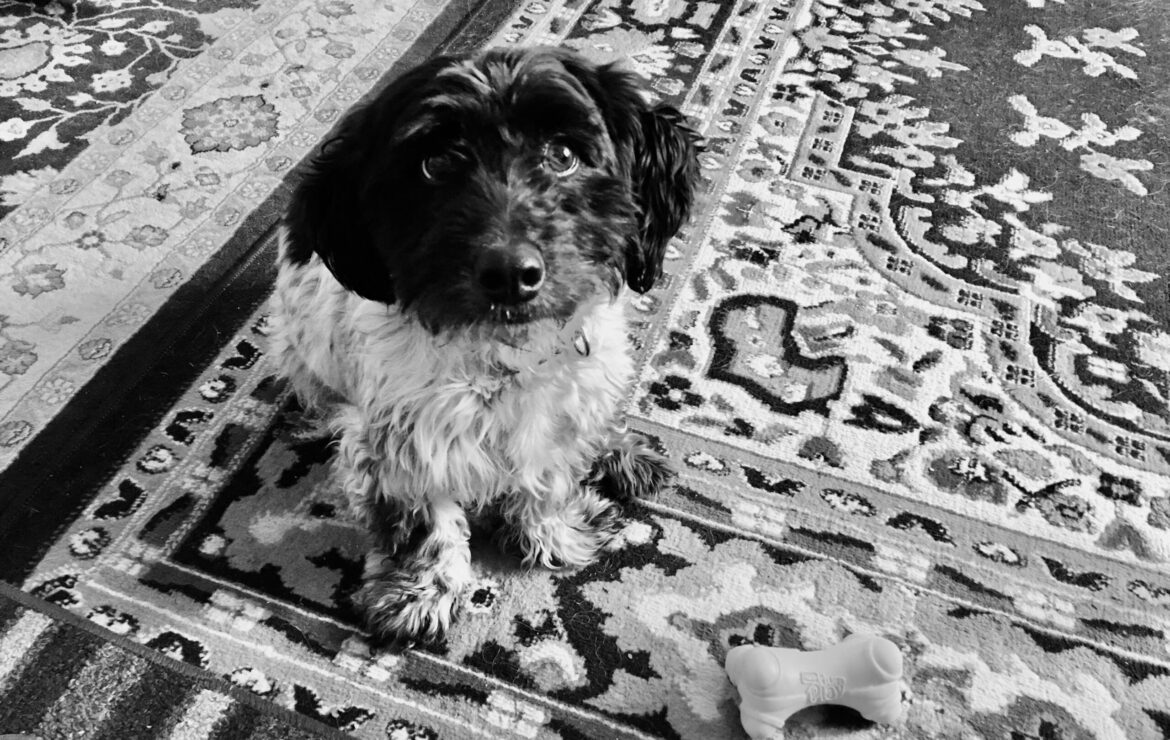Lapdogs Prove You Matter

He was born in the Dominican Republic. He lived there the first two years of his life and then he moved to the United States. He’s not big in stature but he is strong, smart, and takes no guff from anyone, no matter how big and tall the perpetrator might be.
He also has a heart of gold.
His name is Rascal. He is a twenty-pound, three-year-old dog. He’s a mutt with a heavy dose of a Havanese in look and character.
Last but not least, he is my lapdog and I am grateful. My ability to manage and take part in life would drop significantly if Rascal was not in my life.
When he comes over to where I’m sitting – usually in my reading chair – and signals he wants come lap time, up he comes and into my lap where he lays down, stretches a bit, decides whether or not my hand could use a tongue-washing, and then, ultimately, sleeps.
A dog, in this case Rascal, is with you and nesting in your lap because it wants to. If it didn’t want to, it wouldn’t be there. Digesting this truth helped me understand something that applies to me and many seniors.
You can’t be a senior and not know loss. Friends, family members, gone. Some of us find ourselves alone. A lapdog is not simply a matter of having company. The lapdog wants to be with you because you are you; a reminder that your value as a human being has not diminished.
The Mayo Clinic is just one voice that memorializes the health benefits of dogs, including help with loneliness and anxiety. Me and Rascal are living proof.
Now, up until recently, if you’d told me I’d love having a lapdog – displaying the nerve to imply I’d even have one in the first place! – I’d figure your relationship with reality had taken a time out.
The truth is, I don’t think I’ve ever been happier to discover I was completely wrong about something. Here’s to ignorance, and the healing thereof.






